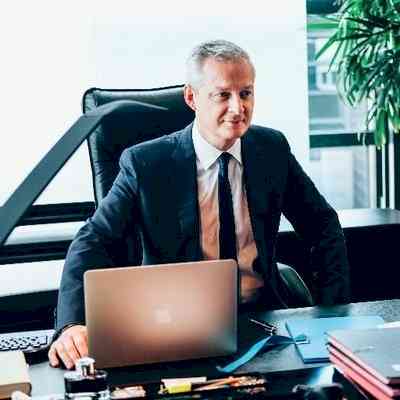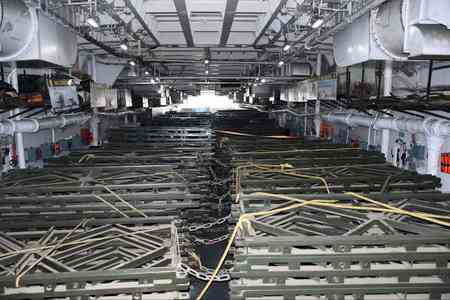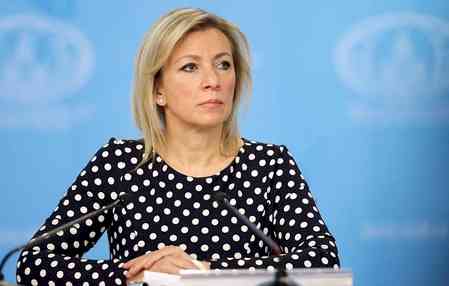New EU sanctions against Russia to include energy, says French minister
Energy will be included in the new sanctions package of the European Union against Russia, Bruno Le Maire, the French Minister for Economy, Finance and Recovery, has said.

Brussels, April 6 (IANS) Energy will be included in the new sanctions package of the European Union against Russia, Bruno Le Maire, the French Minister for Economy, Finance and Recovery, has said.
"Member states also stated their willingness to include the energy sector under sanctions, following a timeline yet to be determined," said Le Maire on Tuesday, after heading an EU Economic and Financial Council meeting in Luxembourg.
He said French President Emmanuel Macron had stated France's desire "very clearly" on Monday morning to have coal and oil considered for sanctions against Russia, Xinhua news agency reported.
The new sanctions package is being finalised, according to Valdis Dombrovskis, the European Commission's executive vice president and trade commissioner.
On top of the energy sector, imports and exports from and to Russia will be further restricted, and more individuals and businesses will be targeted by this fifth sanctions package.
The economy and finance ministers of the EU member states also discussed the impact of the Russia-Ukraine conflict on the bloc's economy.
A very high yearly inflation rate, towering at 7.5 per cent for March and driven by the price of energy, is the next "shared challenge" for EU member states to take on, according to Le Maire.
The Russia-Ukraine conflict is still sending shockwaves through the global markets. Commodity prices, both energy and non-energy, are volatile and stand at record highs. Inflation is being driven up much higher. This raises concerns about the cost of living across the EU, with households and businesses facing higher bills, especially on energy, said Dombrovskis.
Short term actions to protect EU households and businesses from the high prices of energy will need to be coordinated, said Le Maire. Some member states, such as Spain and France, have already taken action to keep the price of petrol affordable.
He said that in the long term, the bloc needs to build its economic independence by producing locally, ensuring energy independence, and work on its green transition.
"Once we have a more stable situation, we expect that we will see a more normal level of inflation," which, however, will remain higher than it was before the crisis, said the French minister.
Prices will remain higher than pre-crisis, because "we'll produce more locally," which is more expensive. Investment for the green transition is another factor that will keep inflation higher than before the crisis, said Le Maire.


 IANS
IANS 










